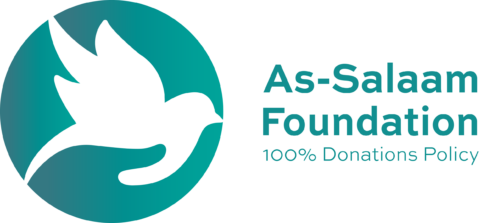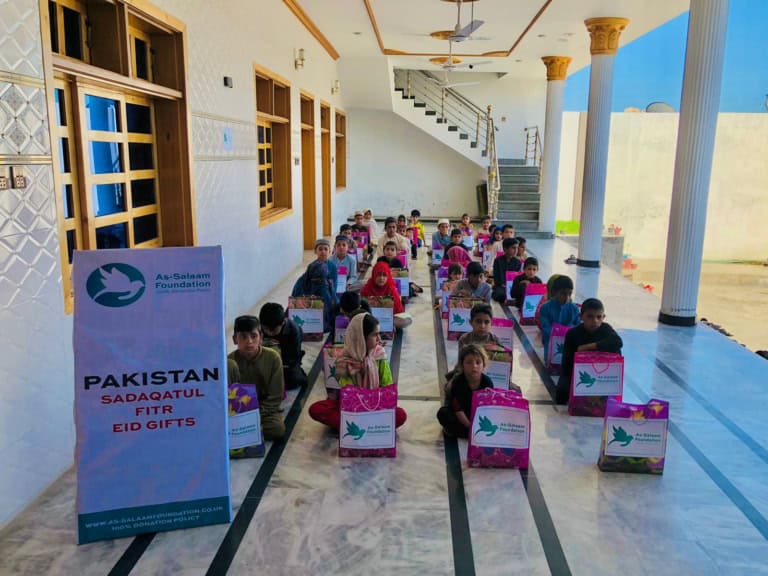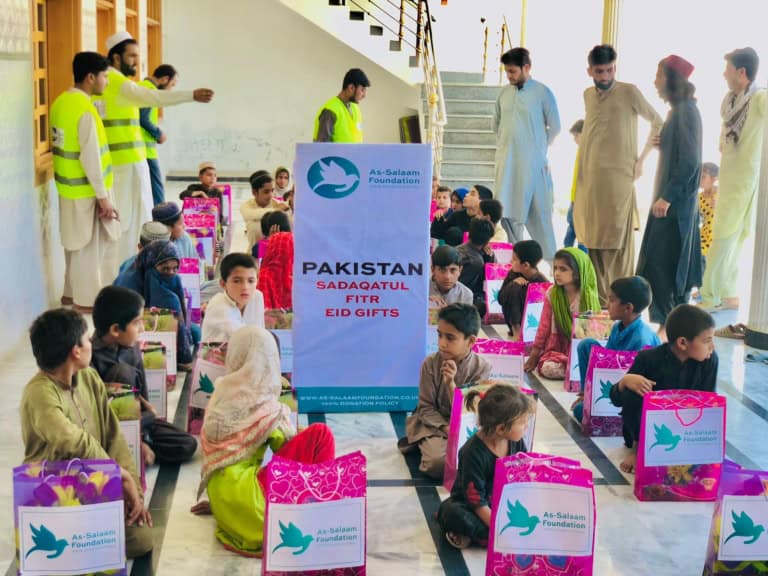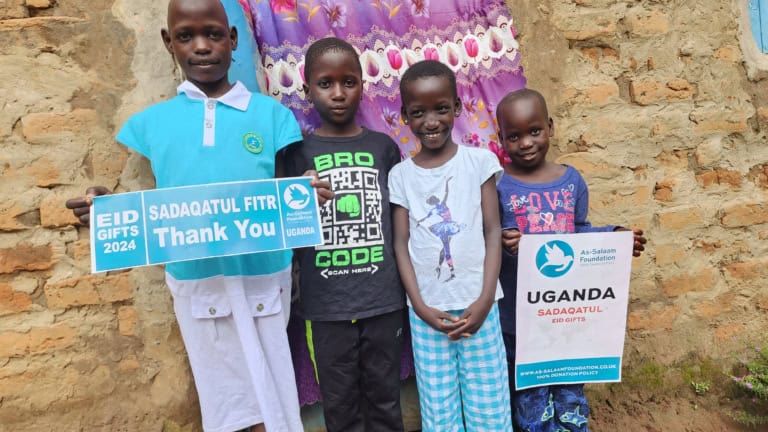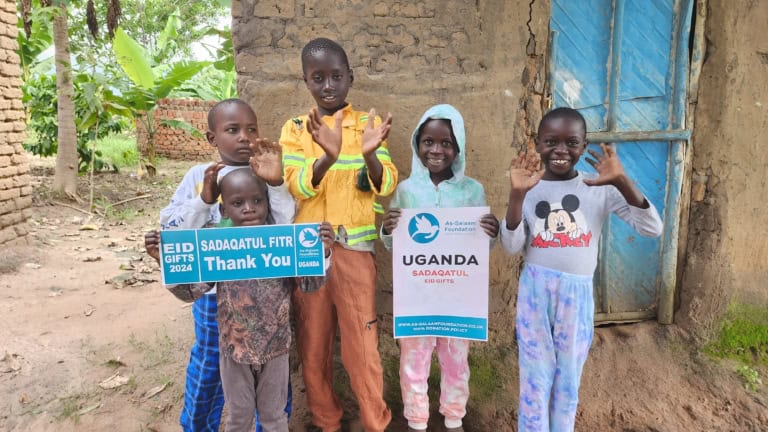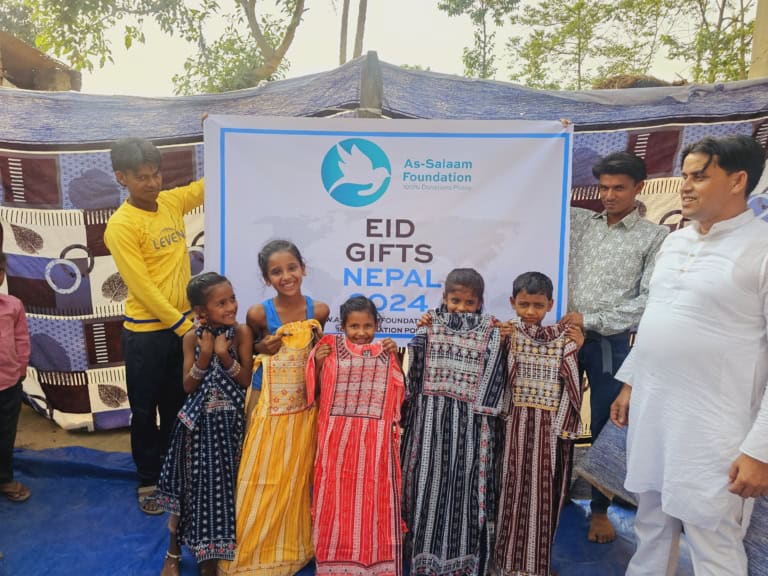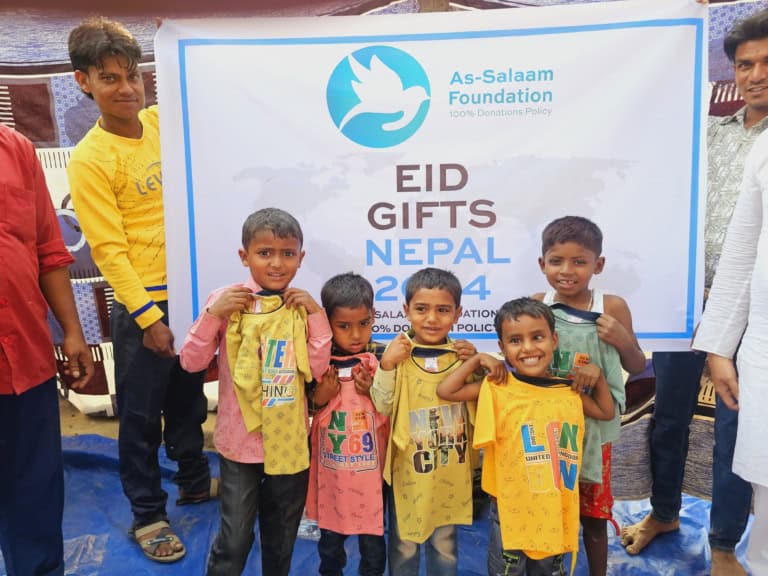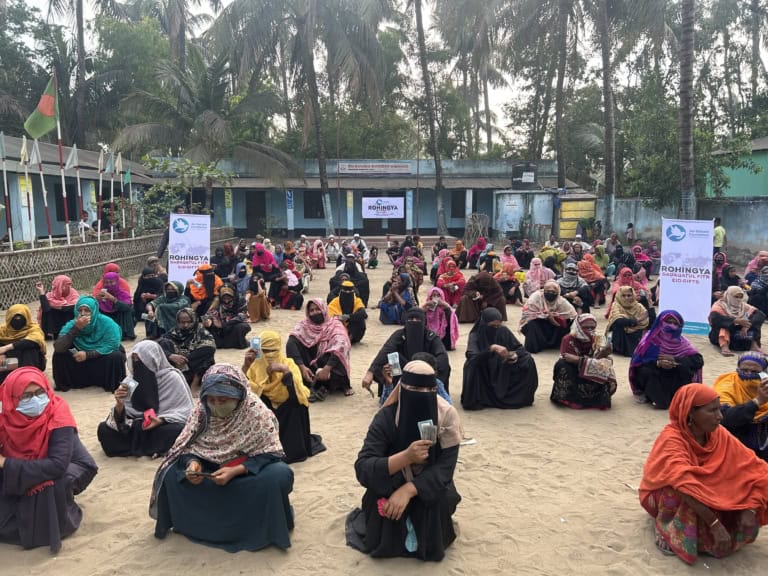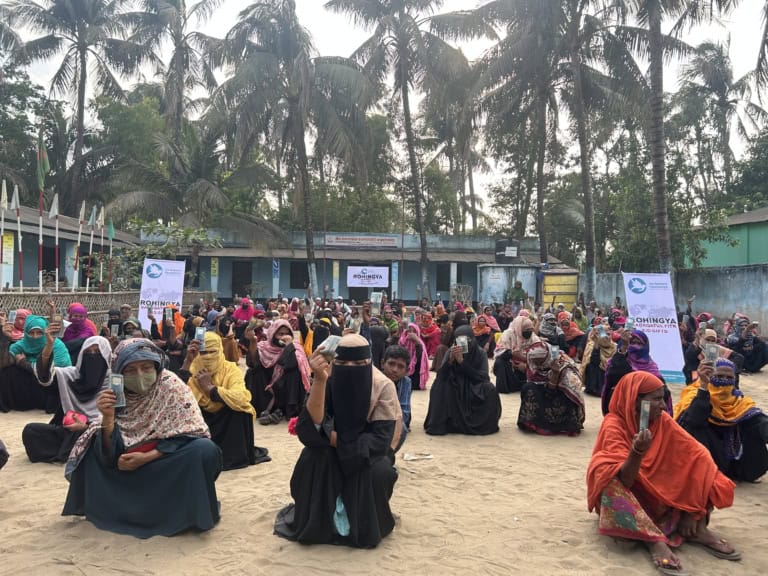Total Raised
Beneficiaries Served
What is Sadaqat al-Fitr?
Sadaqat al-Fitr, also known as Zakat al-Fitr, is a form of obligatory charity in Islam that is prescribed to be given before the Eid prayer of Eid al-Fitr. It is obligatory upon every Muslim who possesses the minimum amount of wealth (nisab) beyond their basic needs.
Sadaqat al-Fitr serves multiple purposes:
- Purification of the fast: It compensates for any shortcomings or impurities in the fasts observed during the month of Ramadan.
- Charitable contribution: It ensures that those who are less fortunate, particularly the needy and the poor, can also partake in the celebrations of Eid and have enough provisions to enjoy the day.
The amount of Sadaqat al-Fitr is typically equivalent to a specific measure of food, such as a saa’ (approximately 2.5 to 3 kilograms) of the staple food of the region, or its equivalent monetary value. This amount is determined based on the current market value of the staple food.
It’s important to give Sadaqat al-Fitr before the Eid prayer so that the needy can benefit from it in time for the Eid celebrations.
Your Sadaqat al-Fitr
We have used your Sadaqat al-Fitr to give Eid gifts to the poor as an expression of compassion, solidarity, and shared joy during this auspicious occasion. Eid is a time of celebration, reflection, and gratitude, and sharing our blessings with those who are less fortunate is a fundamental aspect of the spirit of Eid.
By giving gifts to the poor, we not only bring happiness and comfort to their lives but also reinforce the bonds of community and kindness that are central to the teachings of Islam. It’s a way to ensure that everyone can partake in the festivities and experience the joy of Eid, regardless of their circumstances. Ultimately, it’s a gesture of love and empathy that embodies the true essence of Eid.
Here are some reasons why Eid gifts were given in the countries outlined:
- Expression of Joy and Gratitude: Eid is a joyous occasion marking the end of Ramadan, a month of fasting and spiritual reflection. Giving gifts is a way to express gratitude to loved ones and share the joy of the Eid celebration.
- Solidarity and Unity: Eid gifts strengthen bonds within the Muslim community and foster a sense of unity and solidarity. By exchanging gifts, individuals reaffirm their connection with family, friends, and neighbours, promoting harmony and goodwill.
- Charitable Giving: In line with Islamic teachings on charity (zakat) and compassion for the less fortunate. This practice reflects the Islamic principle of sharing blessings and ensuring that everyone can partake in the festivities.
- Cultural Tradition: Giving gifts on Eid is a cherished cultural tradition in many Muslim-majority countries. It adds to the festive atmosphere of the occasion and is eagerly anticipated by both children and adults.
Where Was Your Sadaqat al-Fitr Spent?
We purchased 1,000 Eid gifts for orphans across:
- Nepal
- Pakistan
- Uganda
- Yemen.
We also gave out cash assistance to our Rohingyan sisters in Bangladesh.
